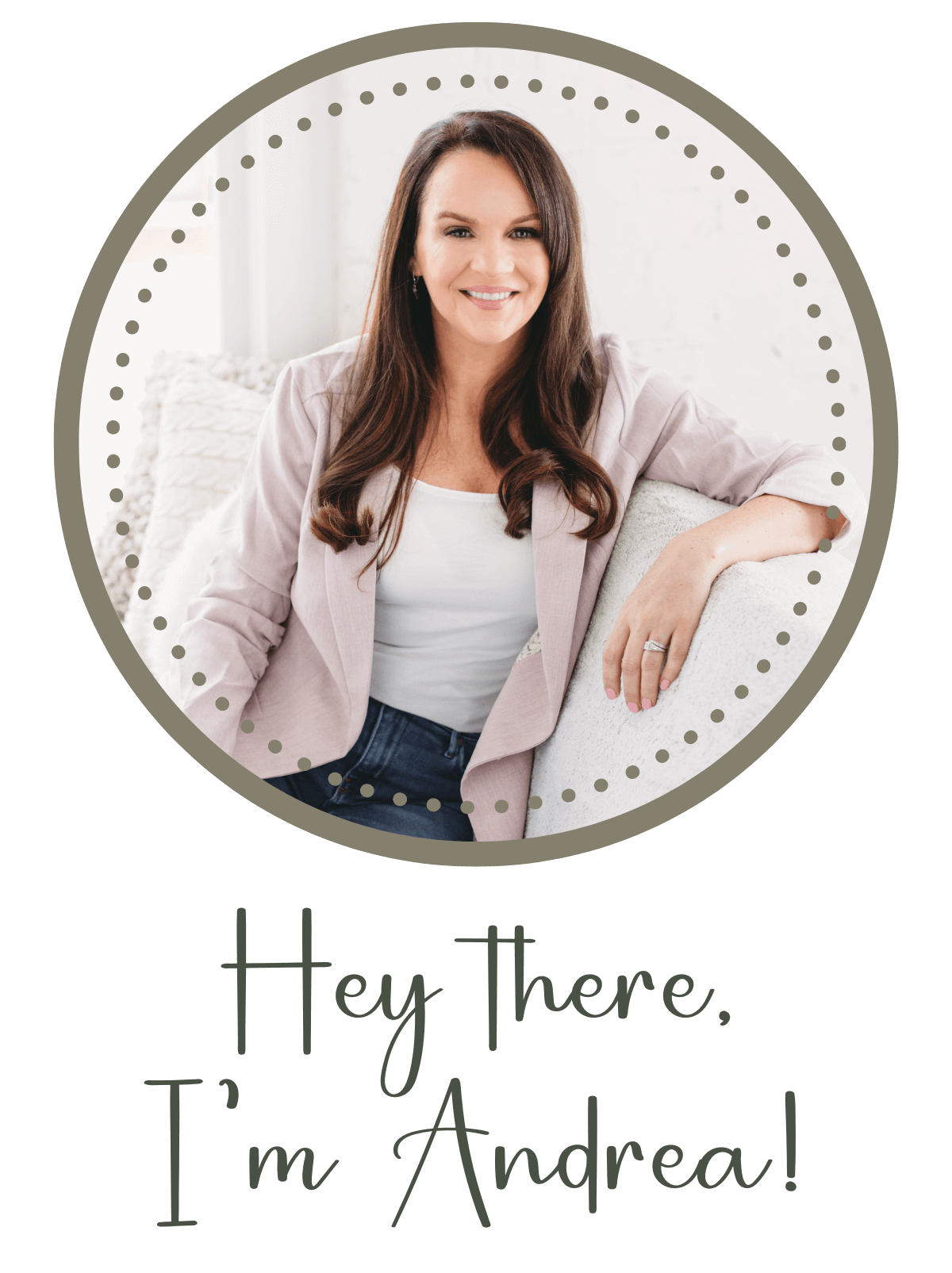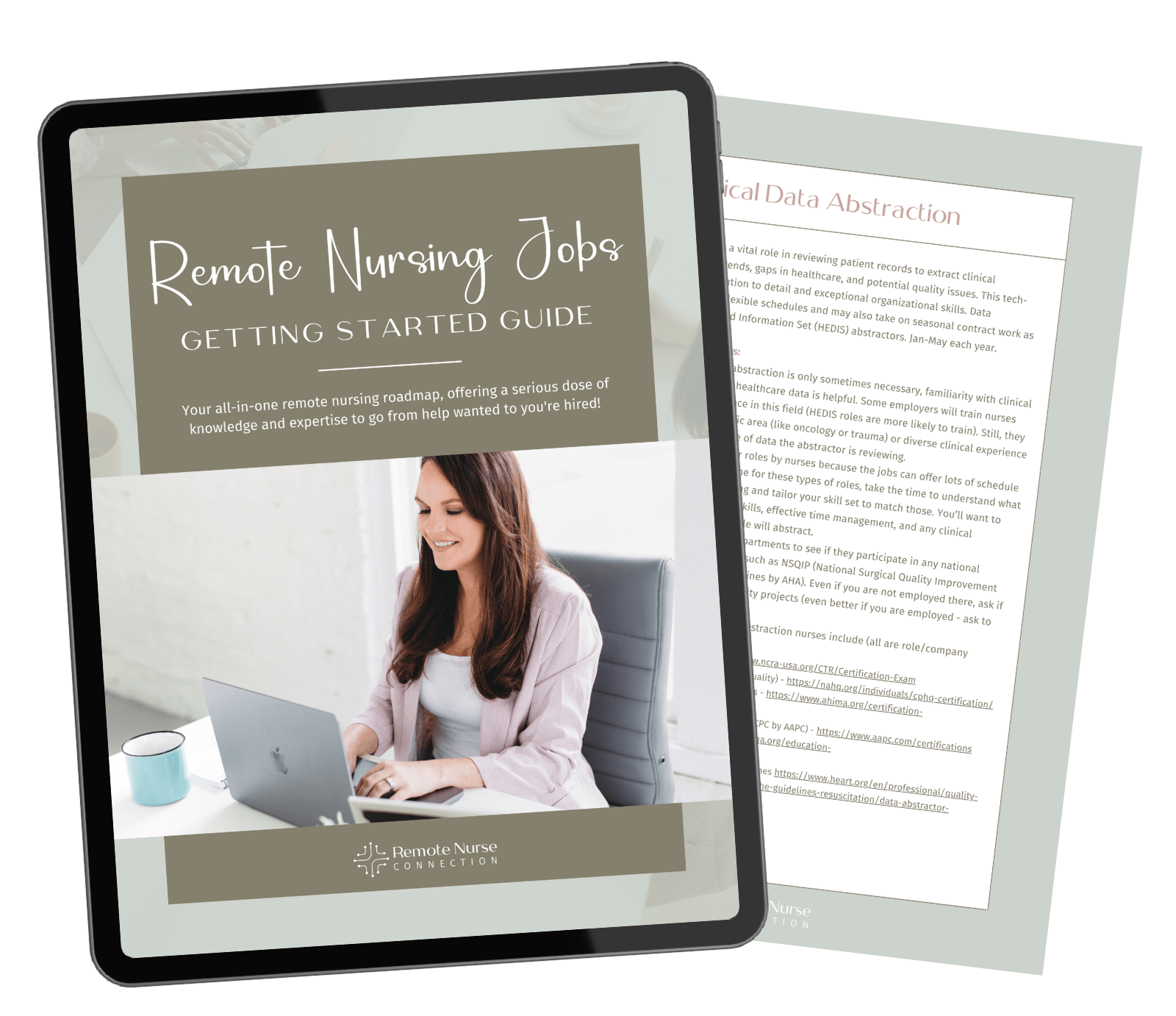
Creating a captivating, professional, and impactful cover letter for new graduate nurse employment positions takes time, effort, and strategy. Unfortunately, it is often the most overlooked portion of the application process, and this is a critical mistake; here’s why…
Most nursing students do not know this, but landing the first job as a new graduate nurse is likely one of the most, if not the most, competitive job markets a nurse will ever experience.
Why Writing a New Nursing Graduate Cover Letter is Crucial
Before we dissect the key elements of a competitively written cover letter, let’s expand further on the job market for new graduate nurses. To provide an understanding of why the job market is so competitive for nurses entering the workforce, there are many factors that limit the number of job opportunities for novice nurses.
Resources are a major limitation in the number of new nurses that can be hired at one time.
A new nurse will need a lengthy orientation and more support than an experienced nurse and utilize an extensive number of resources in order to be deemed “proficient” to start practicing independently. From a hospital’s perspective, orienting a new nurse is costly, time-consuming, and resource-depleting.
Nurse experience mix is another limiting factor.
Nurse leaders within the organization strategically determine the number of new graduate nurses that can be hired for each unit and/or specialty. Although there are many job openings for nurses, it is extremely important for patient safety that there is a mix of experience levels within each unit. Therefore, even if a unit has a large amount of vacant nurse positions, it would not be safe to hire all novice nurses within this same unit. So typically, a set number of new graduate nurses are hired at a time.

Understanding the Competitive Job Market for New Graduate Nurses
Lastly, the job market is flooded with nurse graduate applicants.
On top of the limited number of new grad nurse positions, nursing programs are simultaneously graduating nursing students. This results in a flooded job market, meaning for every new graduate nurse position open, there are multiple candidates competing for the same job.
It is also important to note that most hospitals hire new graduate nurses only two to three times a year. Many new graduate nurses who are not employed directly out of graduation find themselves without a job until the next cycle of new graduate nurses are being hired; this can result in four to six months of unemployment or employment in a less-than-desired workplace such as a skilled nursing home.
Now that the competitive job market scene has been set, it is more than obvious that each piece of an application (cover letter, resume, and interview) is critically examined by hiring teams. And yet, if I had a dollar for every generic and bland cover letter that I have reviewed while assessing the large pool of new graduate nurse applicants, I would order a venti Starbucks iced latte daily, solely wear Figs scrubs to work, and happily pay for premium hospital parking!
After spending over a decade in applicant-facing roles, primarily hiring new graduate nurses into a competitive Vizient accredited nurse residency program, I have developed a talent for spotting a generic, “copy & paste,” bland cover letter within seconds. These years of my hiring experience have involved various capacities, such as being an active member of the nurse residency program hiring team, hospital nurse recruiter, and nurse manager.
Having hired hundreds of nurses, I now teach nursing students how to write a memorable, intentional, and professional cover letter. In order to achieve this, it is imperative to dissect the anatomy of a well-written cover letter, one that will leave a lasting impression on any hiring manager.
How to Write a Winning New Nursing Grad Cover Letter
Let’s talk about the appropriate format of a cover letter. It should be in “Letter” format with contact information on the top left or right side of the page; either side is suitable. The contact information listed should include first and last name, city and state of residence, phone number, and email address.
A few spaces below the contact information begin the letter addressing the hiring manager directly. This can be done with a simple “Dear Hiring Manager,” followed by 3-4 paragraphs of content and then conclude with “Best Regards” or “Sincerely” and the applicant’s name below. This letter should be one page, easy to read, with a simple font, and thoroughly assessed for spelling and grammatical errors. Please see the example below for an overview of proper cover letter formatting.
Example of Cover Letter Format
Your Name
City, State of Residence
(123)456-7890
[email protected]
Dear Hiring Manager,
This is for paragraph 1 – The “Introduction” Paragraph
This is for paragraph 2 – The “Personal Connection” Paragraph
This is for paragraph 3 – The “Pick Me” Paragraph
This is for paragraph 4 – The “Closing” Paragraph
Best Regards,
Your Name

Researching Your Target Facility for a Customized Cover Letter
Before putting pen to paper and starting to write a cover letter, an important first step is to research facility specifics.
Take some time to perform a web search to identify organization-specific accolades, recognitions, and/or accomplishments. It is imperative to incorporate these details within the cover letter as this shows that the letter is intentionally specific and that the applicant has an obvious interest in employment opportunities within this institution. It also demonstrates that this candidate is prepared and taking this opportunity seriously.
Complimenting an organization or taking the time to recognize a hard-earned accolade can also positively impact the hiring team. Compliments and or recognition tend to make people feel valued and appreciated and give a natural boost in overall mood, leading to a more positive interaction, which can enhance a candidate’s likability. Accolades worth noting include Magnet Designations, Level I or II Trauma Centers, Top Workplace-related awards, etc. Gathering this information is typically pretty easy as hospitals make these achievements as accessible and visible to the public as possible. Most facility websites have a page dedicated to achievements and information on public relations.
Once the format is underway and organizational-specific research has been conducted, it is time to work on the “meat and potatoes” (or the content) of the cover letter. A typical cover letter consists of three to four paragraphs in length. Each paragraph should have a designated purpose and deliver a strategic message. Continue reading to review the purpose of each paragraph and how to gather the information needed for each section.
Key Elements of a Winning New Graduate Nurse Cover Letter
#1 The “Introduction” Paragraph
This paragraph is best used as a brief introduction. This includes your intention with this application, and then be sure to mention a specific facility accolade or prestigious accomplishment. This introductory paragraph highlights the desires of the applicant while also complimenting the organization. The goal of this first paragraph is to make the hiring manager reading the letter learn who you are and what your intention is, note your efforts in researching the facility, and want to continue reading.
First Paragraph Example:
My name is FIRST & LAST NAME and I would like an opportunity to be a new graduate nurse within the HOSPITAL NAME nurse residency program starting this fall. As a well-known teaching facility, I am certain the environment at HOSPITAL is one of excellence and focused on growing professionally. This is the type of workplace that I desire to start my nursing career as a new graduate nurse.
#2 The “Personal Connection” Paragraph
This paragraph is best used to incorporate personal experiences within this health facility. This experience could be from a clinical rotation, a personal medical condition, a family member treated within the health system, or even a friend’s experience. With that being said, if you decide to disclose your own personal experience as a patient treated by the organization, I would refrain from divulging any information if it is related to a chronic illness or injury to prevent any discrimination or bias. The goal of this paragraph is to provide a personal connection that the applicant has with the organization. This eliminates the “generic” feeling that often accompanies a professional cover letter.
Second Paragraph Example
About a year ago, I had a family member in need of emergency medical services related to a motor vehicle accident. This individual is alive and well now, but it does not go unrecognized that this may not be the case if we had not received the excellent medical care that was delivered by the staff at HOSPITAL NAME. I said “we” in the last sentence because the medical staff not only treated my injured family member but also made sure close family understood the medical procedures being conducted throughout his hospital stay. The impact the nurses, in particular, had on my sick loved one as well as my family is still talked about in present day. This proves the level of nursing care delivered within this organization is of high excellence.
#3 The “Pick Me” Paragraph
This is arguably the most important paragraph in the entire cover letter. This is where the candidate must confidently pitch themself. Most individuals feel uncomfortable highlighting their achievements; however, if there is ever a time to brag about yourself, it is now.
The third paragraph explains why you would be a good fit for the position and incorporates the desired skill, experience, and or character traits that you have to offer. If you refer to an accomplishment or a unique skill developed that makes you stand out amongst other applicants, this will intrigue and motivate the hiring manager who is reading the cover letter to move next to your resume.
Third Paragraph Example:
I understand the applicant pool for this nurse residency program is likely large and competitive, but I am confident that I would be an excellent new graduate nurse hire. The past few years, I have managed to balance multiple responsibilities, including working a job, completing a large amount of clinical hours, as well as fulfilling the cumbersome didactic demands of nursing school. This balancing act has taught me true discipline, time management, prioritization, and arguably the most important, resilience. I anticipate acclimating to the role of a nurse will be no easy feat, but I feel the last few years have motivated me to develop those above-mentioned skills more so than your average nursing student. Discipline, time management, prioritization, and resilience are all key attributes that are directly associated with the successful transition to the busy and challenging role of a nurse.
#4 The “Closing” Paragraph
This final paragraph is short, only a sentence or two. The purpose is to reiterate the applicant’s desire to become a nurse and be a part of this specific facility’s healthcare team. Utilize this paragraph to thank the hiring team as well.
Fourth Paragraph Example
Initially, when I first applied to nursing school, I wanted to become a nurse to help people in need. Now, at the end of the program, I am excited to become a proud member of a prestigious, multifaceted, and evolving profession. I am motivated to become an active contributor within a multidisciplinary healthcare team, grow professionally, and support the evolution and advancements of the nursing profession; I am hopeful that I can do all of this within the NAME HEALTH SYSTEM. Thank you for your consideration and for the wonderful care of my previously mentioned family member. I look forward to hearing from your team!
Leave A Lasting Impression
Writing a cover letter can be time-consuming; however once you write the first one, you can take pieces of the content and apply it to others. Be sure to change out facility-specific details that you’ve gathered from researching organizations’ accolades. The cover letters that follow will be created a bit more efficiently as you can use the universal sentences or messages.
Keep in mind that the cover letter is usually the first thing that a hiring manager or team reviews. It is important to create a personal connection, leave a lasting impression, and prove you took the time to learn about the facility to which you are applying. By following the above step by step guide, you can be confident that your cover letter will stand out amongst the sterile cover letters that are so commonly submitted! I wish you the best of luck in the search for your first new graduate nurse position!
Author

Caroline began her coaching business in order to educate new nurses on career navigation and land opportunities in a competitive job market. She has spent over a decade in applicant-facing roles, a few being a Hospital Nurse Recruiter and a Nurse Manager. A big focus is to provide nursing students with the knowledge and resources needed to secure employment directly out of nursing school. For more nursing career advice, follow @nursecoachcaroline on Instagram and TikTok social media and/or head directly to her business website.
View all posts
Remote Nurse Connection is proudly Ad-free. All opinions are my own. This post may contain affiliate links, which means I’ll receive a commission if you purchase through my link, at no extra cost to you. As an Amazon Associate, I earn from qualifying purchases. Please read full disclosure here.
Browse A Bit More On the Blog…
Ultimate Guide to an ATS-Friendly Remote Nurse Resume Template
Feb 28, 2025
Table of Contents Why Your Resume Needs a Makeover for Remote Nursing Jobs What is Applicant Tracking System (ATS)? Key Components of an ATS-Friendly Remote Nurse Resume Free ATS Resume Templates for Remote Nurses Final Thoughts - Expert Guidance Why Your Resume Needs...
How to Find Remote Nursing Jobs That Pay $100k
Nov 4, 2024
Ever notice when you start asking around about remote nursing jobs that pay 100k, you are usually met with crickets in return? Or maybe you’ve posted this question in a Facebook group, only to get comments like, “Yeah right, that’ll never happen!” Searching for this...

Your Insider Connection to Remote Nursing Success
I help nurses find the best-fit remote jobs that bring flexibility, personal freedom and alignment, and continued professional growth.
CATEGORIES

Free Getting Started Guide
FOR LANDING A
REMOTE NURSING POSITION!



